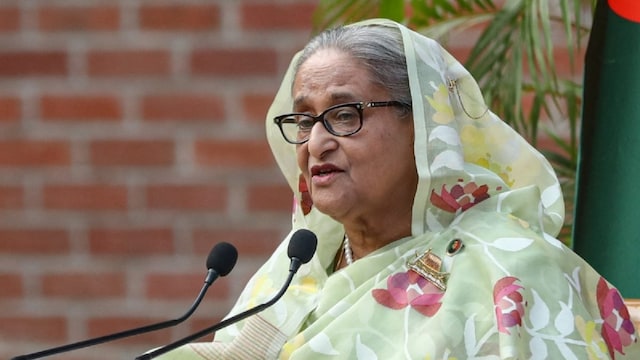In a major political development, Bangladesh’s interim government has announced a ban on the Awami League, the historic party once led by ousted Prime Minister Sheikh Hasina. The decision, taken under the country’s anti-terrorism legislation, will be formally notified through a gazette on the next working day.
A statement issued by the office of interim leader Muhammad Yunus described the move as a collective decision of the council of advisers, the country’s temporary governing body. The ban will remain in place until the International Crimes Tribunal (ICT) completes its investigations and trials involving the Awami League and several of its top leaders.
The tribunal is set to examine serious allegations related to events that occurred during the Awami League’s tenure, which ended amid a popular uprising in July 2024. Officials say the prohibition is also intended to ensure the safety of those who played a key role in the uprising, along with witnesses and complainants participating in the ongoing ICT proceedings.
“This step has been taken to safeguard national sovereignty and internal security,” the official statement said.
In a concurrent move, the interim administration has amended the laws governing the ICT, expanding its mandate. The tribunal now has the legal authority to bring charges not only against individuals but also against political parties and their affiliated groups.
Founded in 1949, the Awami League has long been a central figure in Bangladesh’s political landscape. It led the Bengali nationalist movement during East Pakistan and was at the forefront of the country’s struggle for independence in 1971.





